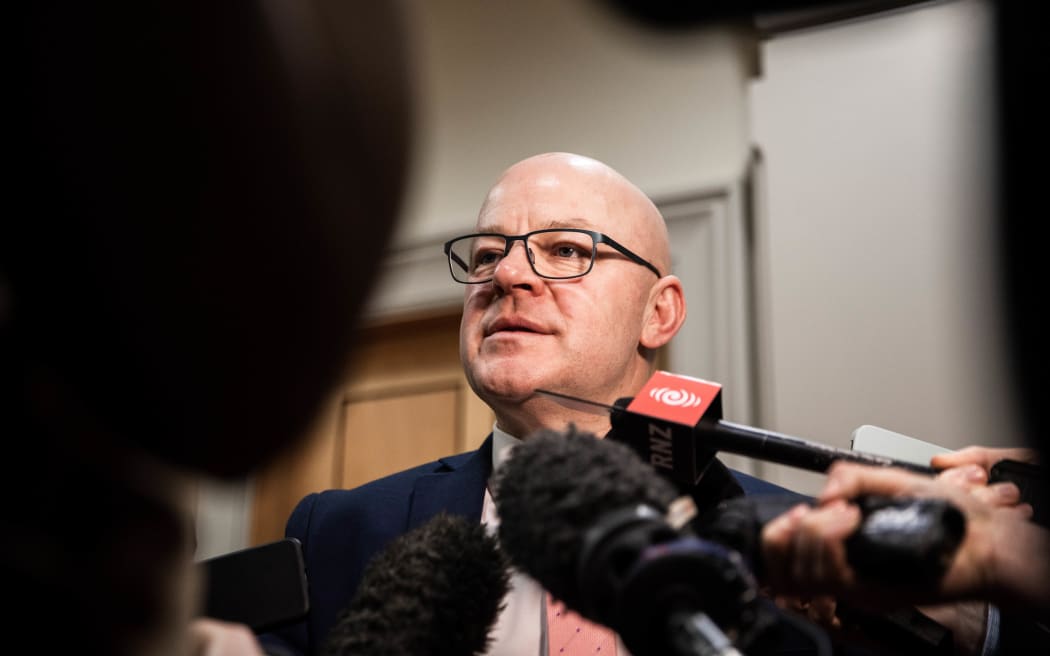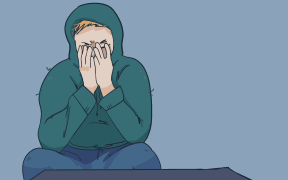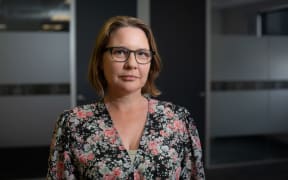
Photo: RNZ / Samuel Rillstone
Mental health and addiction specialists will begin working at emergency departments at four large hospitals this year, the government says.
The scheme would also be rolled out to a further four hospitals next year, and has the support of the Mental Health and Wellbeing Commission.
Mental Health Minister Matt Doocey announced the scheme this morning at a cost of between $300,000 $500,000 per hospital, using uncommitted funding from Health New Zealand Te Whatu Ora.
A further $1 million over two years was earmarked to provide training, under a Level 4 NZ Certificate.
"If this proves to be a success, we see this initiative rolling out to all hospitals," Doocey said in a statement.
He said Peer Support Specialists had experienced recovery from mental health illness or addiction, and were already working across the sector.
"There is growing evidence of the positive impact these roles are having on those using mental health and addiction services," Doocey said.
EDs had, however, become a bottleneck - with at least 13,000 people with mental health issues showing up there every year.
"With a lack of reliable data this number is likely to be higher," he said.
The scheme would help those seeking crisis support at EDs, as well as freeing up clinical staff to deal with clinical work, he said.
The first service was expected to begin in July.
Te Hiringa Mahara, the Mental Health and Wellbeing Commission, said it was a positive move and would reduce the stress people may experience while they were waiting.
"People who are experiencing mental distress who arrive at an emergency department will be supported while they wait. This will be positive for both the department and people seeking help," the commission's chief executive Karen Orsborn said.
"We have yet to see the detail of how this initiative will be rolled-out but we think a staged approach is a good way to start."
She said it was encouraging to see the expansion of the Peer Support Specialist roles, which had grown by 18 percent, or 64 full time-equivalent positions, between 2018 and 2022 - but still only made up about 3.4 percent of the mental health and addictions workforce.
It would be important to include Māori in the planning to bring a te ao Māori perspective to the Peer Support approach - which she said was critical to addressing workforce shortages and transforming models of care.





